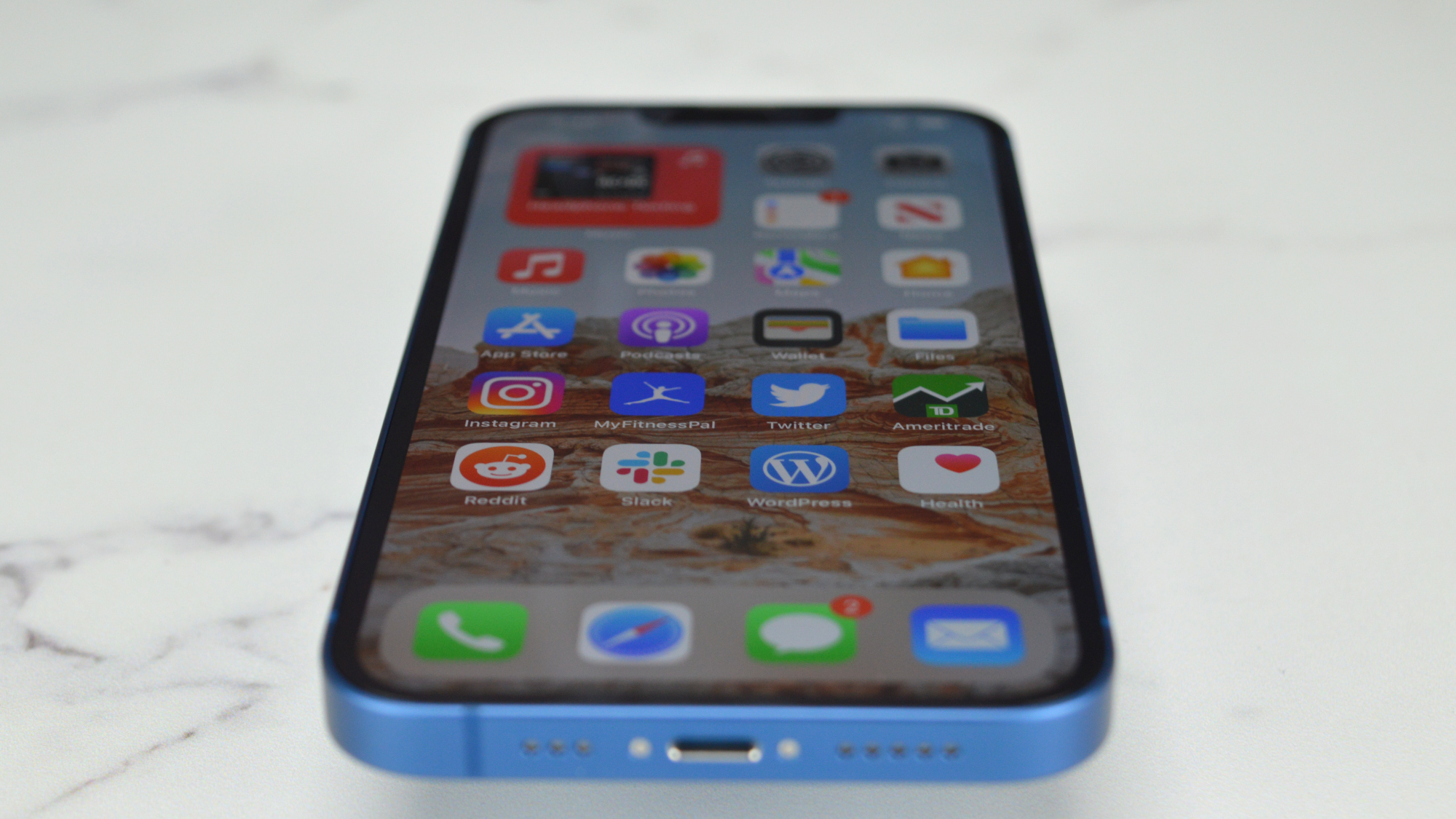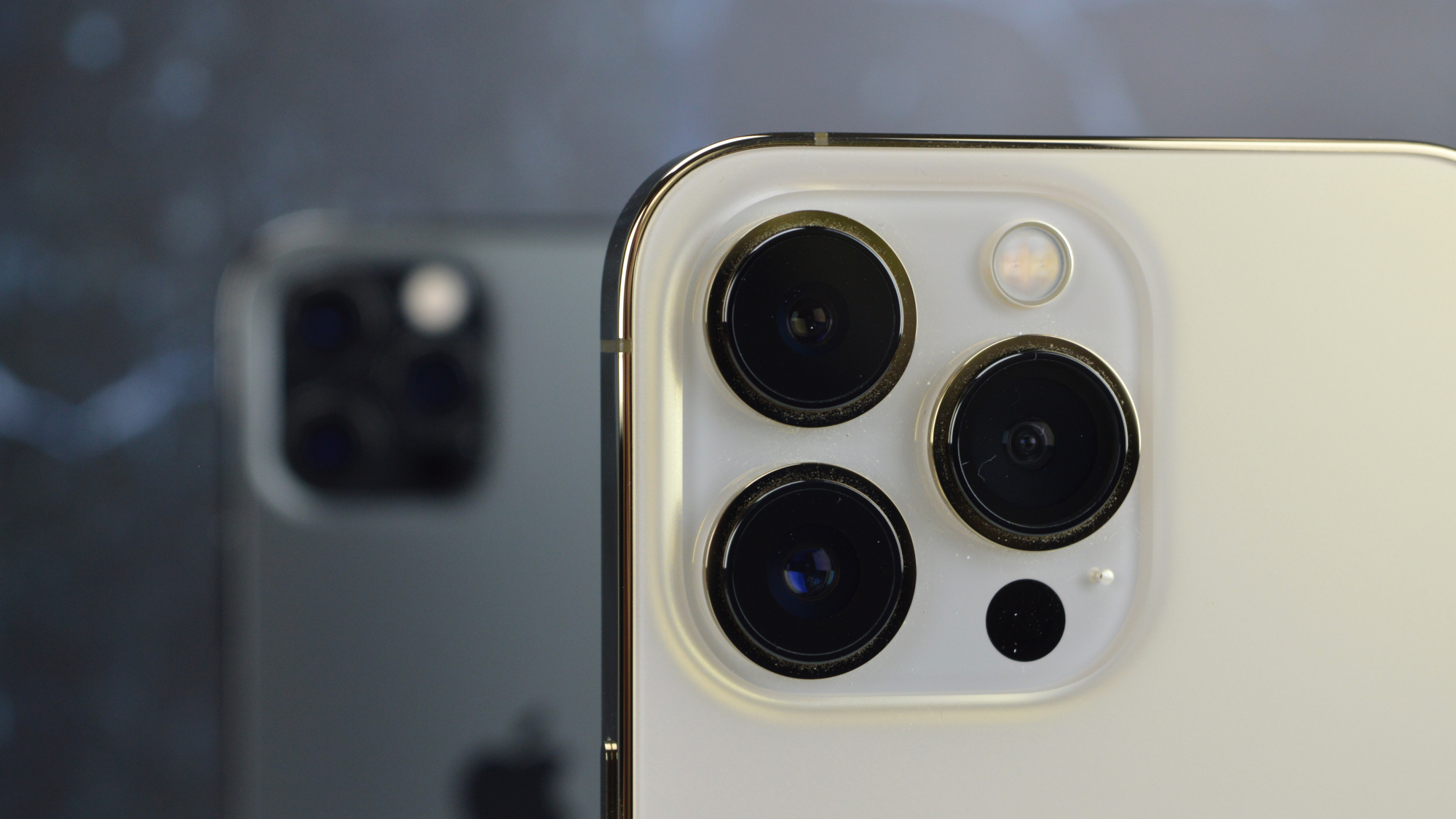The iPhone 14 will be the first series to introduce Apple’s new policy for non-Pro and Pro devices. Almost every rumor out there claims the iPhone 14 Pro and iPhone 14 Pro Max will feature new designs and the best possible hardware, including the latest A16 Bionic chip. The cheaper iPhone 14 and iPhone 14 Plus/Max will feature the A15 Bionic processor that powered the iPhone 13 Pro models.
A well-connected insider now says that the iPhone 14 series will not be the last to offer buyers this considerable differentiation between the Pro flagships and them ore affordable models when it comes to processor choices.
The custom System-on-Chip (SoC) that powers the iPhone is one of the best things about Apple’s smartphones. Each new generation is faster and more efficient than before. And it performs better than SoCs that Android vendors use. Apple has even said in its iPhone chip presentations that the second-best smartphone chip is usually the one powering the previous iPhone generation. Benchmarks have often confirmed that.
The A15 Bionic SoC now powers all four iPhone 13 models and the iPhone SE 3. All these devices offer the same high-end performance as a result. That’s what Apple did with previous iPhone generations. Regardless of the price, all iPhones had the same SoC inside.

The iPhone 14 Pro models will run on A16 Bionic chips
Apple will ditch the practice this year if all these reports are correct. The A16 Bionic will only equip the iPhone 14 Pro and iPhone 14 Pro Max.
The move makes some sense, considering the context. The pandemic and war in Ukraine have impacted the economy in recent years, driving up inflation. Costs for all goods have gone up, but Apple hasn’t changed iPhone prices. With the iPhone 14, Apple will reportedly increase the price for the Pro models. The mini will disappear, too, so the cheapest iPhone 14 model will start at $799.
A more evident differentiation between the iPhone 14 Pro and non-Pro models help Apple justify the price hike. The A16 Bionic will still be the most powerful chip Apple can deliver and likely an SoC that will outperform rivals. But the A15 Bionic is still a great chip, one that’s already better than alternatives from the best 2022 Android flagships.
By sticking with the A15 Bionic for one more year, Apple can still offer a relatively affordable new iPhone flagship to buyers at a time when smartphone sales are hurting.
But if Ming-Chi Kuo is correct, Apple will keep this differentiation in place for future iPhone models. Known for his accurate predictions, Kuo penned a longer blog post where he tackled the impact of iPhone 14 camera demand on suppliers.

Only iPhone Pros will get the best Apple chip
That’s where Kuo said the A16 Bionic chip would be exclusive to the iPhone 14 Pro (high-end models). The analyst expects the iPhone 14 Pro models to account for 55-60% of iPhone 14 manufacturing in the second half of the year. That’s a significant increase from 40-50% in the past.
That implies demand for the iPhone 14 Pro and iPhone 14 Pro Max will be higher than previous generations’ Pro models. Since these handsets feature three lenses on the back, camera suppliers should benefit from the iPhone 14 Pro manufacturing strategy.
Kuo says high-end component suppliers for the rear camera like Sony, Largan, Alps, and LG Innotek will profit from the iPhone 14 Pro models.
Even though the analyst focused on the iPhone 14 Pro cameras in the blog post, he ended it with a prediction regarding next-gen iPhones and high-end chip use:
The latest processor chip will be exclusive to iPhone high-end models in the future, so a high shipment proportion of iPhone high-end models will be the norm, favoring high-end camera component suppliers.
If this pans out, the iPhone 15 Pro models will likely feature the brand new A17 Bionic chips. The regular iPhone 15 models will get the A16 Bionic SoC.
However, that’s just speculation at this time. We’ll have to wait for mid-September and see what Apple says about this imminent iPhone chip policy change.
More iPhone coverage: For more iPhone news, visit our iPhone 14 guide.








